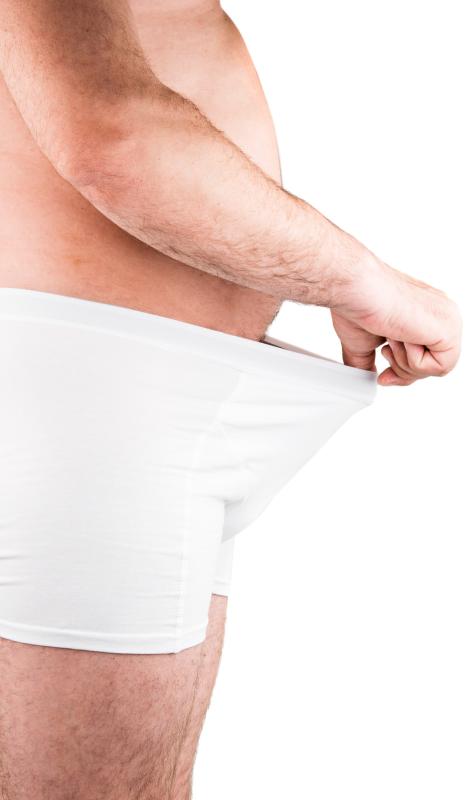
Climate appears to be an important determinant of infections in inflatable penile prosthesis (IPP), a recent study has found. Implants placed in the fall, for instance, were more likely to sustain Gram-positive bacterial infections.
Researchers conducted a retrospective analysis of 211 patients who had undergone either salvage or explant of three-piece IPPs. Climate, temperature, and humidity data were obtained from monthly norms and from an online platform. Only patients who had available data for a complete year were eligible.
Seventy-one percent of the extracted devices yielded infectious organisms upon culturing. Most of these were Gram-positive (44 percent), and 6 percent were methicillin-resistant Staphylococcus aureus. Infections occurred at a mean of 5.4 after placement.
Infections were more likely to occur in warmer seasons. Relative to implants placed during winter, those placed during the spring (incidence rate ratio, 1.56, 95 percent confidence interval [CI], 1.05–2.34; p=0.029) saw a significantly greater number of infections. Infections remained relatively high in implants performed in the summer and fall months.
Disaggregating according to organisms, however, found that spring was the season with the least amount of infections with Gram-positive bacteria and was thus used as a reference for the following analyses.
The researchers found that implants placed during the fall (odds ratio [OR], 3.14, 95 percent CI, 1.44–6.83; p=0.004) and summer (OR, 2.27, 95 percent CI, 1.04–4.93; p=0.039) were significantly more likely to be infected by Gram-positive bacteria.